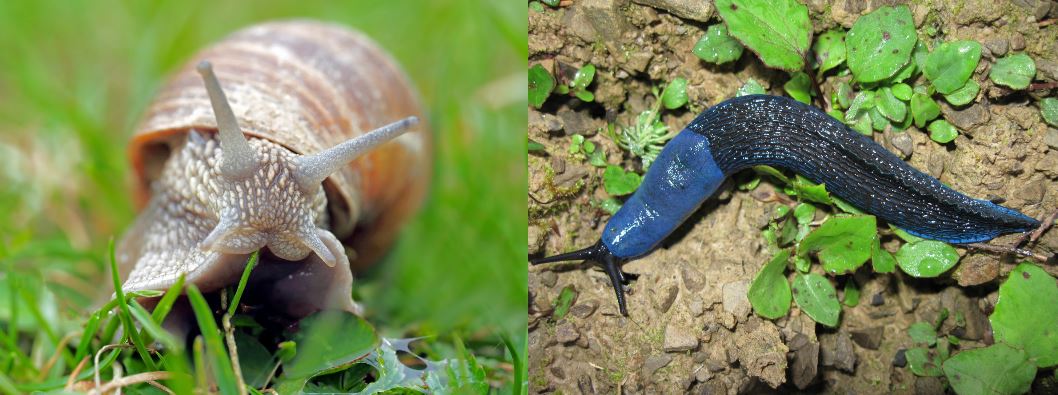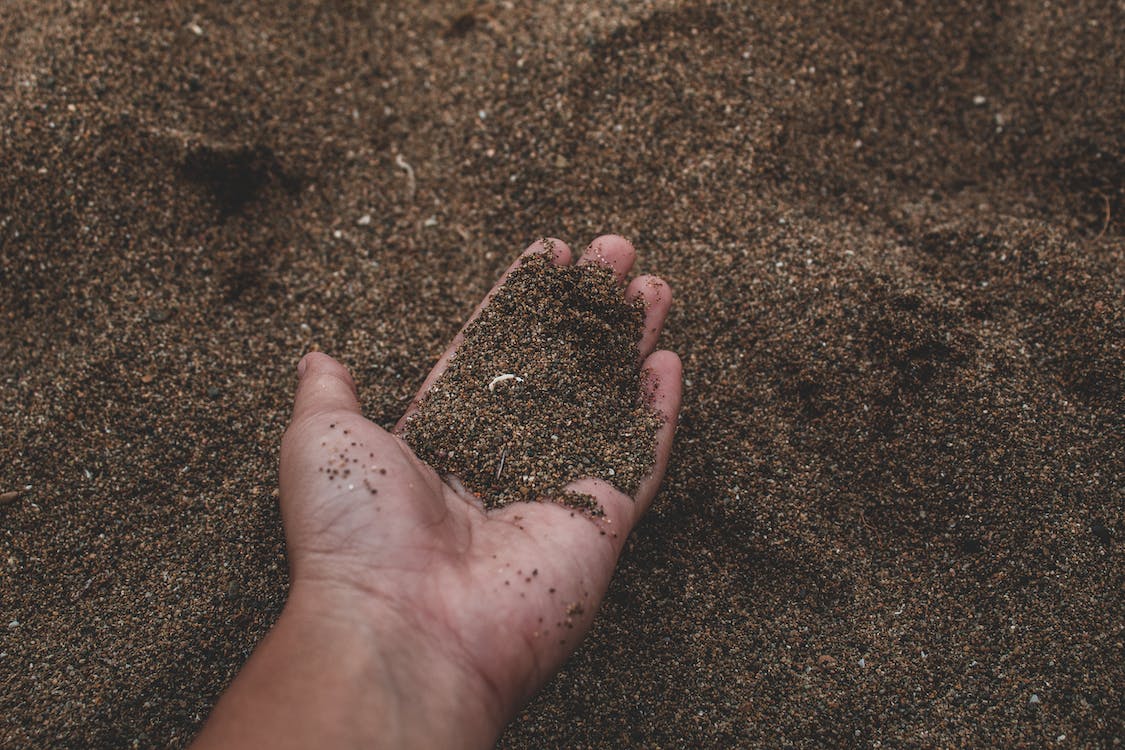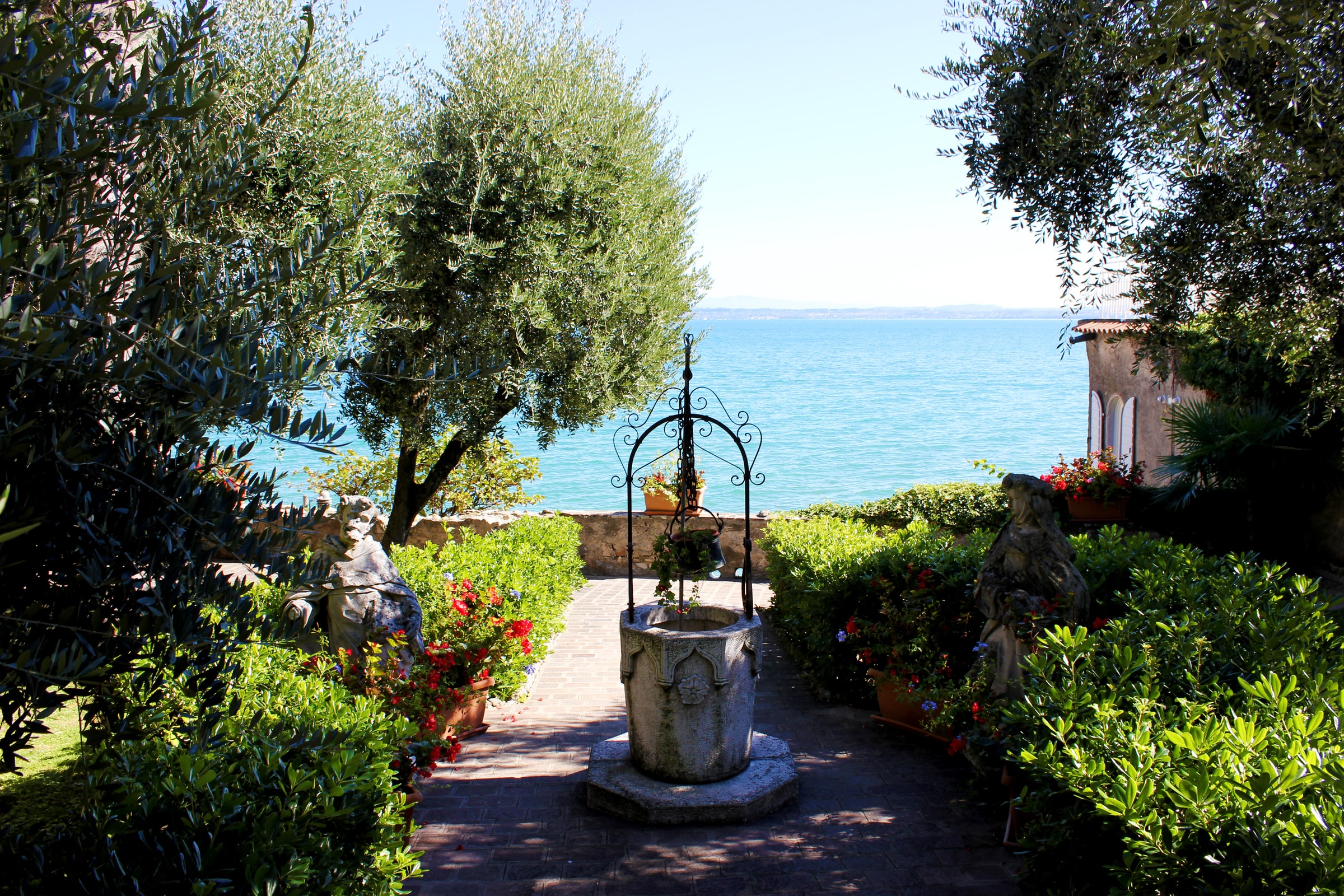Garden enthusiasts know all too well the frustration of finding their cherished plants damaged by slugs and snails. These nocturnal pests can wreak havoc on a wide variety of vegetation, leaving a trail of destruction in their wake. However, with the right strategies, you can protect your garden and ensure it thrives. This article offers comprehensive insights and effective tactics to combat slugs and snails, ensuring your green space remains pristine.
Understanding Your Adversary
Before declaring war on slugs and snails, it’s crucial to understand their habits and preferences. These mollusks are particularly fond of moist, shaded areas and are most active during the night or on cloudy days. They have a penchant for young, tender plants and can cause significant damage in a short period.
Cultural Practices to Discourage Pests
Maintain a Clean Garden
A tidy garden is your first line of defence. Remove leaf litter, weeds, and debris where slugs and snails love to hide during the day. By eliminating their hiding spots, you make your garden less inviting to these pests.
Water in the Morning
Watering your garden in the morning allows the soil to dry out by the evening. Since slugs and snails thrive in moist conditions, a drier environment during their peak feeding times can discourage their activity.
Use Barrier Methods
Creating physical barriers can effectively deter slugs and snails from reaching your plants. Copper tape, sharp gravel, eggshells, or diatomaceous earth applied around the base of plants or garden beds can act as an effective deterrent. These materials create an uncomfortable surface for slugs and snails to cross.
Natural Predators and Biological Controls
Encourage Beneficial Wildlife
Birds, frogs, toads, and even some types of beetles are natural predators of slugs and snails. By creating a welcoming habitat for these creatures, you can harness nature’s own pest control. Consider adding a bird feeder, a small pond, or a rock pile to attract these helpful allies.
Nematodes: A Biological Solution
Nematodes are microscopic worms that can be watered into the soil. They seek out and infect slugs, offering a natural and environmentally friendly way to reduce the slug population without harm to other wildlife or plants.
Chemical Controls with Caution
While chemical slug baits are available, they should be used as a last resort due to their potential harm to non-target animals and the environment. If you must resort to chemical controls, opt for iron phosphate-based baits instead of those containing metaldehyde, as they are safer for pets and wildlife.
Innovative and Homemade Solutions
Beer Traps
A classic homemade remedy involves sinking a container into the ground and filling it with beer. The scent attracts slugs and snails, which then fall into the container and drown. Empty and refill the traps regularly for them to remain effective.
Coffee Grounds
Sprinkling coffee grounds around plants can deter slugs and snails, as caffeine is toxic to them. This method not only recycles your morning coffee grounds but also adds organic matter to your soil.
The Final Sprinkle: Embracing Integrated Pest Management
Winning the battle against slugs and snails in your garden doesn’t rely on a single tactic but rather on an integrated approach. Combining cultural practices, encouraging natural predators, and carefully considering the use of barriers and, if necessary, chemical interventions can create a robust defence strategy. Remember, the goal is not to eliminate every slug and snail but to manage them effectively so that your garden can thrive.
A Sustainable Future for Your Garden
As garden enthusiasts, our aim is to cultivate a space that not only brings us joy but also contributes to the biodiversity and ecological balance of our surroundings. By adopting these strategies, we not only protect our plants but also support a healthy ecosystem. Let’s embrace these challenges as opportunities to learn, adapt, and grow, ensuring our gardens remain vibrant and productive sanctuaries for all forms of life.



